RSS
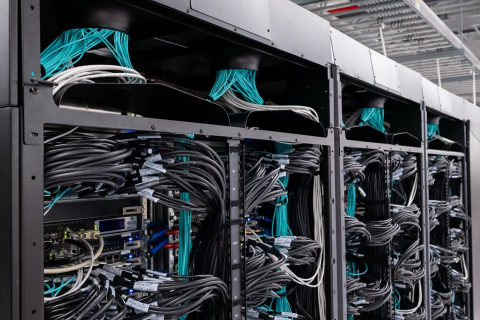
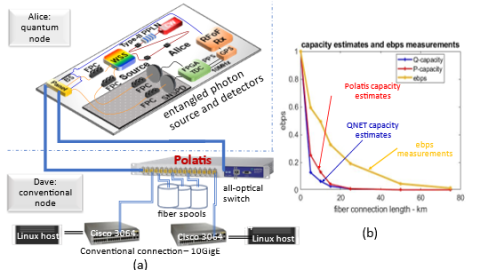
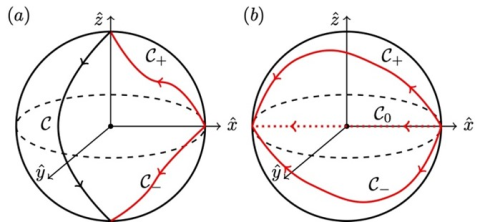
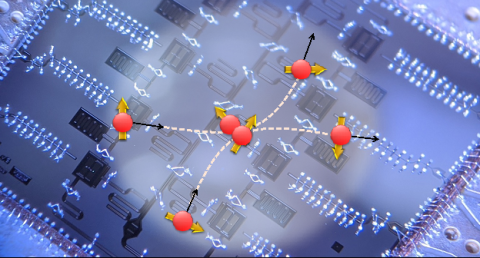
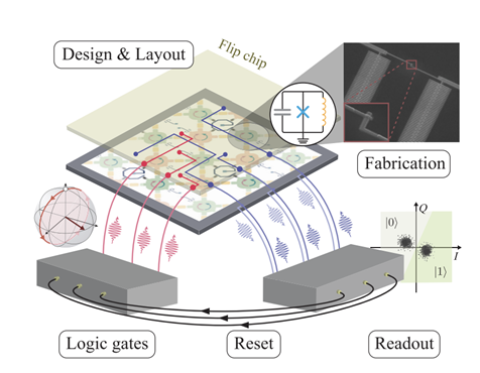
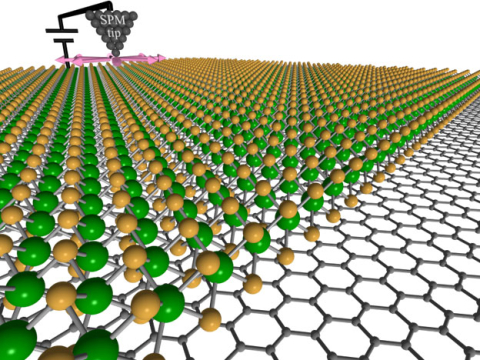
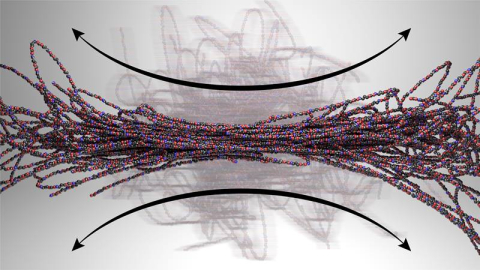

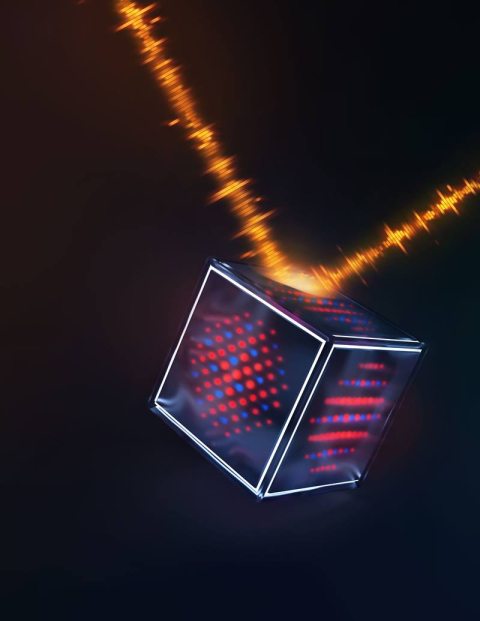
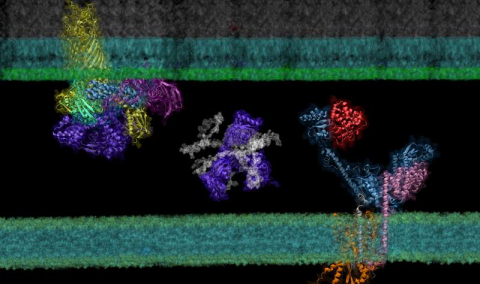

A new framework employs usage patterns to improve data placement.

A comparison of throughput measurements and analytical capacity estimates for quantum networks finds surprising patterns.

New theoretical approach to quantum computing hardware design via an algorithm avoids some of the complex difficulties in modern quantum computers.

Classical and quantum chips combine to simulate the collision of two neutrons on a present-day quantum computer.

Fluxonium qubits can build cutting-edge quantum devices that will harness the potential of quantum computing.

Machine learning and artificial intelligence accelerate nanomaterials investigations.

New computational methods “fingerprint” polymer motions under flow.

Scientists successfully measure high-dimensional qudits, cousins to quantum computing qubits.

For the first time, the error correction process significantly enhances the lifetime of quantum information.

Researchers demonstrate a real-world large-scale application of deep neural network models for discovering novel protein-protein interactions.

